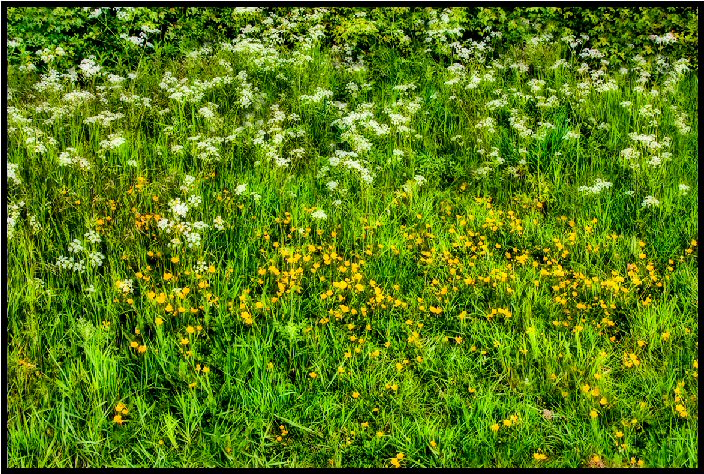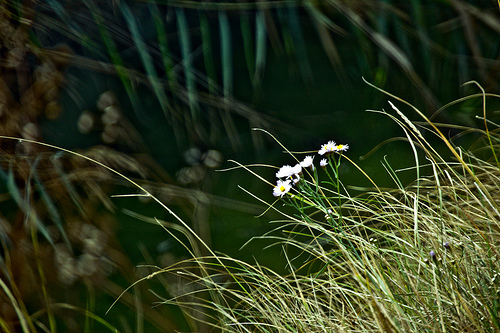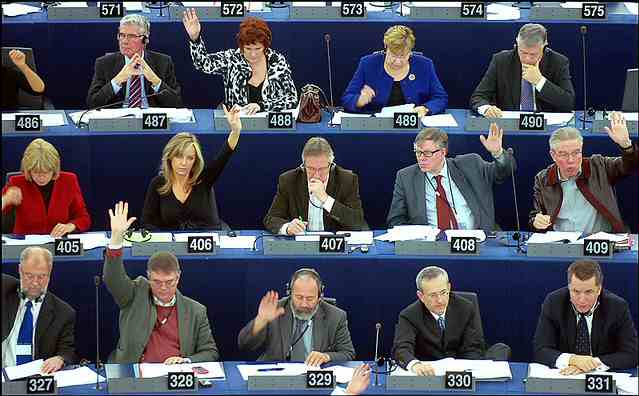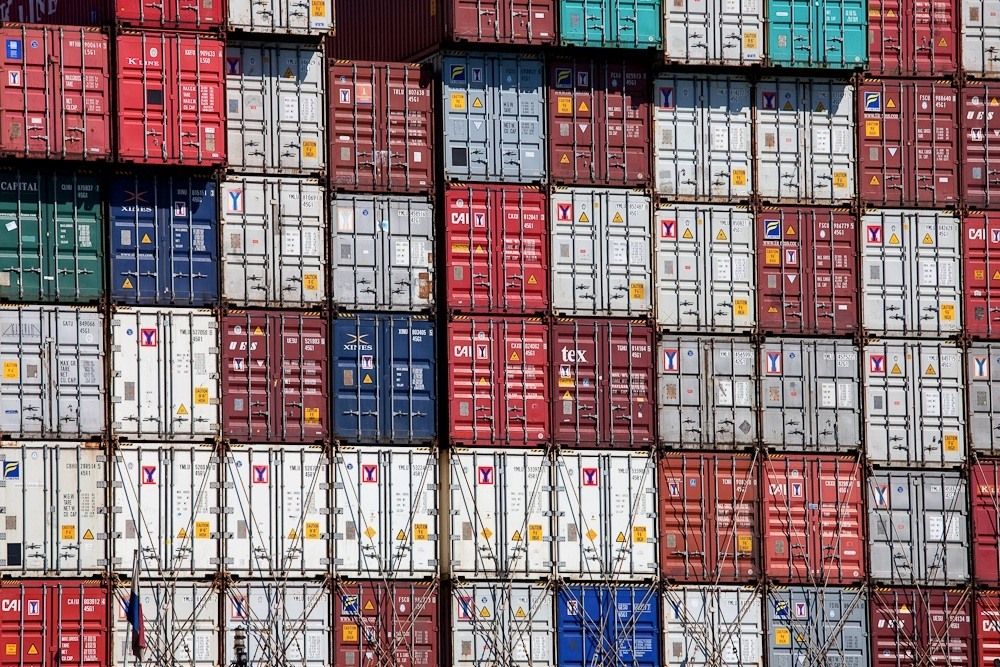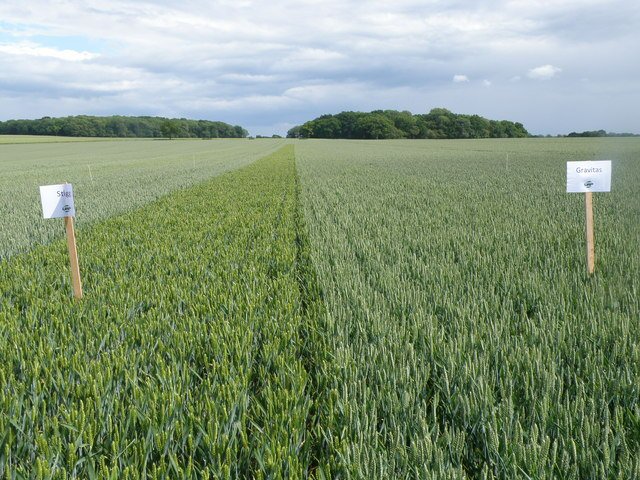I presented a paper at a seminar of the European Association of Agricultural Economists today which reviews the debate on greening the CAP in Pillar 1 in the light of the Commission’s original legislative proposal, the discussions in the Council summarised in the Danish Presidency’s progress report this month, and the COMAGRI rapporteurs’ reports.
The message of the paper is that the greening proposals under discussion are a missed opportunity. They serve primarily to try to justify the continuation of the existing level of Pillar 1 direct payments. The Commission’s original proposals for three simple, generalisable measures would lead to limited additional environmental benefits, and the various flexibilities proposed by the Council and COMAGRI rapporteurs would reduce the additional benefits even further.… Read the rest
A mandatory minimum spending requirement on agri-environment-climate change measures in Pillar 2?
The Agricultural Council meeting on 18 June 2012 held a discussion on the proposed rural development regulation in response to a Presidency questionnaire. One of the questions posed by the Presidency was:
Should the Rural Development regulation contain a requirement for a minimum percentage of the EAFRD budget to be spent on environment related actions, and which measures should be taken into account when calculating the spending on environment related actions?
The press release following the meeting highlighted the range of views in the Council on these issues:
… Read the restMember states broadly support the principle that the CAP should significantly contribute to addressing the challenges concerning environment, biodiversity and climate change mitigation and adaptation.
What Rio+20 has for the CAP?
20 years have passed since the Earth Summit was organised in Rio de Janeiro in 1992. The United Nations Conference on Sustainable Development (UNCSD) will also be held in Rio this week and the apparent question comes what has happened in 20 years time. Almost nothing, many argue, as global sustainability is more on the table than ever. Increasing emissions and soil degradation, decreasing biodiversity, shrinking water supply and increasing hunger in many areas are just a few of the challenges the world is facing. These problems are partly due to agricultural policy failing to provide the appropriate answer to these challenges.… Read the rest
More supply management demanded in COMAGRI single CMO report
The French EPP member Michel Dantin is the COMAGRI rapporteur for the Commission’s draft revisions of the single CMO regulation. His draft report is detailed and comprehensive – he alone has tabled 434 amendments to the Commission’s draft regulation. Many of these amendments implement the two guiding principles which animate his report, namely, distrust in the ability of markets to always work satisfactorily where agriculture is concerned, and the desire to emphasise the legislative role of the Parliament vis a vis both the Council and the Commission.
Mr Dantin is a believer in the theory of ‘agricultural exceptionalism’ and that farmers require state assistance to operate in dangerous markets.… Read the rest
Danish Presidency CAP reform progress report
The Danish Presidency has submitted its report to the Agricultural Council on the progress achieved during the first half of 2012 on CAP reform. The report indicates the main amendments suggested by the Presidency to the Commission proposals and on which the Presidency has noted broad support from delegations. The overview report contains a list of working documents in the Annex prepared by the Commission which provide further explanations of its proposals.
In addition to the overview report which notes the positions taken in the Council on the various elements of the Commission’s proposals, the report is accompanied by a series of revised draft regulations which include the specific amendments proposed by the Presidency.… Read the rest
COMAGRI draft report on rural development
As noted in a previous post, the draft reports by the COMAGRI rapporteurs on the four main CAP regulations were published last week. They include the reports on the future of direct payments and support for rural development by Mr Luis Manuel Capoulas Santos, the report on the single common market organisation by Mr Michel Dantin, and the report on the common provisions for financing, management and monitoring of the CAP by Mr Giovanni La Via. This post summarises the main changes proposed in the Capoulas Santos draft report on support for rural development after 2013.
Investments in physical assets.… Read the rest
London Olympics opening ceremony chimes with greening vision for the CAP
The dazzling opening ceremony of the 2008 Beijing Olympics was a triumph of discipline, choreography, stagecraft. London will host the games later this summer and it was announced today that the 2012 opening ceremony will take an altogether different, gentler approach. The 2012 Olympics will open with a pastoral representation of the countryside comprising a mixed farm with over a hundred real live farm animals, a flower meadow, rivers, streams, cricket and thatched cottages. In short, the British countryside as it was before intensive agriculture and the common agricultural policy came along.
The organisers of the London Olympics seem very much in line with the European Commission’s thinking on the future of the CAP: agricultural intensification has gone too far, we need to start repairing the damage done to the countryside.… Read the rest
COMAGRI draft report on direct payments regulation
The draft reports by the COMAGRI rapporteurs on the four main CAP regulations were published last week. They include reports on the future of direct payments and support for rural development by Mr Luis Manuel Capoulas Santos, the report on the single common market organisation by Mr Michel Dantin, and the report on the common provisions for financing, management and monitoring of the CAP by Mr Giovanni La Via.
In addition, a number of the other EP committees have prepared draft opinions on the proposals – see the Environment Committee here, but also the Development Committee, the Budget Committee and the Regional Development Committee.… Read the rest
How the EU market looks to food exporters
In a recent post I looked at estimates of the overall level of protection to EU agriculture and how they compare to other countries. However, the EU trade regime is highly discriminatory. Different countries face different tariff regimes depending on the nature of any trade agreements they have with the EU or the preferential trade regime from which they benefit.
The average applied tariffs calculated in the MAcMap global tariff database I discussed in the previous post take account of these preferential tariffs. However, the published report only presents the overall EU average tariff. In this post, I make use of data from the WTO World Tariff Profiles to examine differences in the market access tariff barriers faced by different groups of exporting countries to the EU.… Read the rest
More thoughts on the European Innovation Partnership for Agriculture
One of the more widely-welcomed elements of the Commission’s legislative proposals for the CAP post 2013 was a greater emphasis on promoting innovation. In an earlier post in January, I discussed the three main components of this strategic emphasis, namely:
• Continued Pillar 2 support for investment in physical assets and farm extension services.
• A new European Innovation Partnership instrument for agricultural productivity and sustainability (EIP-A) also in the Rural Development Pillar.
• Increased funding amounting to €4.5 billion for agricultural and food research under the Commission’s Horizon 2020 research programme for research and innovation on food security, the bio-economy, and sustainable agriculture.… Read the rest

